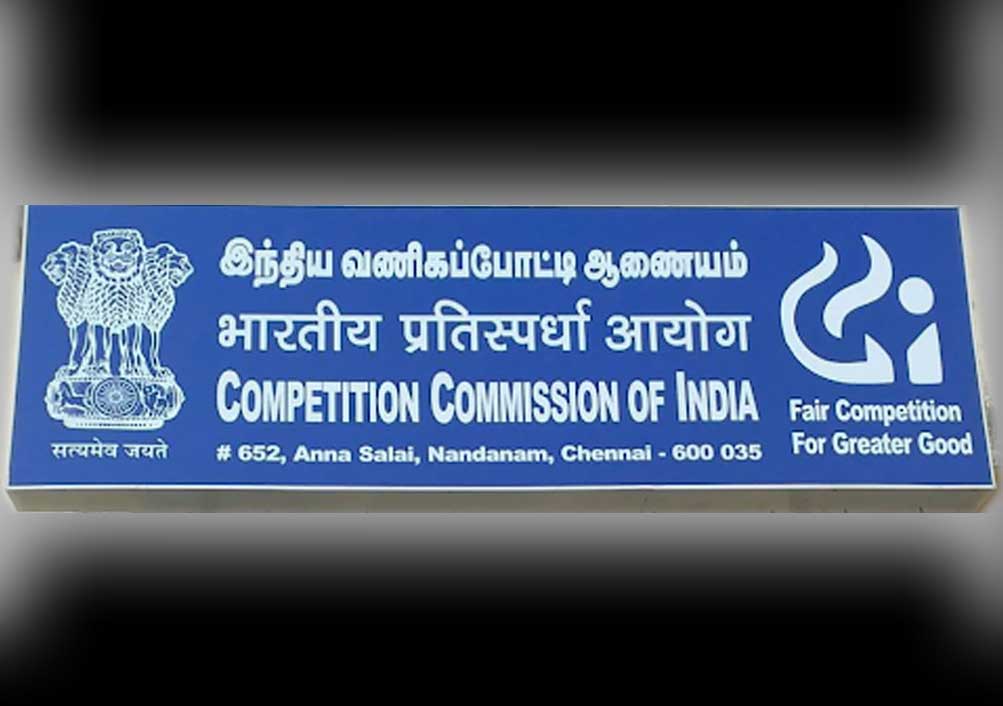Refusal to supply by dominant entity that is sole producer in relevant market amounts to exclusionary abuse in violation of Competition Act: CCI

Read Order: INFORMANT CONFIDENTIAL vs. GRASIM INDUSTRIES LTD
Pankaj Bajpai
New Delhi, August 17, 2021: The Competition Commission of India has ruled that refusal to supply by a dominant entity that is the sole producer in the relevant market amounts to exclusionary abuse in violation of the Competition Act, 2002.
The Coram of Ashok Kumar Gupta (Chairperson), Sangeeta Verma (Member) & Bhagwant Singh Bishnoi (Member) observed that in the present case, Grasim Industries (opposite party) had abused its dominant position in the relevant market by charging discriminatory prices to its customers, denying market access and imposing supplementary obligations upon its customers in violation of provisions of Sections 4(2)(a)(ii), (c) and (d) r.w.s. 4(1) of the Act.
The Commission also directed the opposite party (OP) to cease and desist from indulging in such practices, which have been found to be in contravention of the provisions of the Act.
Going by the background of the case, three information were filed u/s 19(1)(a) against Grasim Industries, alleging contravention of provisions of Sections 3 & 4 of the Act. The CCI, u/s 26(1), then directed the Director General (DG) to investigate the matter and submit the investigation report.
Pursuant thereto, the DG observed that OP was the sole producer of viscose staple fibre (VSF) in India and the only other source was through import. The DG then, based on documentary evidence and deposition of spinners, found that OP required VSF buyers to submit documentary proof of VSF production by their units. This practice was found to be in abuse of dominance in the form of imposing supplementary obligations on spinners, violating provisions of sec 4(2)(d) r.w.s 4(1) of the Act.
Besides, the DG also found that the OP had stopped supplying VSF to Informant No. 2 and had been enjoying monopoly in the Indian market. Hence, alleging abuse of dominant position and charging of unfair and discriminatory prices for VSF from spinners, the DG found that OP had contravened provisions of sec 4(2)(a)(ii) r.w.s. 4(1) of the Act.
The Coram found that in the instant case, the dominant entity by offering VSF at prices that were not economically viable for buyer/spinner to continue with its activity of spinning VSF yarn denied buyer/spinner access to indispensable input in order to exclude that buyer/spinner from participating in VSF spinning, thereby, amounting to refusal to supply.
Refusal to supply might be classified as exclusionary abuse. By way of its conduct, dominant entity prevented requesting or terminated party from gaining access to an input. Thus, this undertaking/spinner was either driven out of the market, marginalized, denied access to market or prevented from entering market, added the Coram.
The CCI noted that VSF manufactured by OP was an indispensable input for producing 100% VSF/blended yarn without which spinners could not manufacture VSF yarn. VSF imports were not an economically viable alternative for domestic spinners.
In the instant matter, OP withdrew all discounts/credit notes to Informant No. 2 that made supply of VSF costly to it, causing VSF yarn manufactured by it to become uncompetitive. OP withdrew/provided no discounts/credit notes to VSF spinner and at the same time sold VSF at discounted prices/adjusting through credit notes to other spinners. They all were competitors in downstream domestic VSF yarn market. Thus, Informant No. 2 had to cease production of VSF/blended VSF yarn, added the Coram.
The Commission therefore found that the OP, being the dominant entity manufacturing and supplying indispensable input/raw material to downstream domestic spinners, was entrusted with special responsibility not to discriminate among its buyers.
Furthermore, OP’s conduct of seeking details of production and exports from Indian spinners for sale of VSF was found to be in the nature of supplementary obligation imposed upon Indian spinners that had no connection with primary sale, found the Coram.
The Commission therefore concluded that OP’s conduct in seeking details of VSF consumed from domestic spinners to provide discount was nothing but an attempt by dominant undertaking to control the entire market in its favour by putting conditions that not only put supplementary obligations upon small players, i.e., spinners, but also interfered with their freedom of trade.
Sign up for our weekly newsletter to stay up to date on our product, events featured blog, special offer and all of the exciting things that take place here at Legitquest.




Add a Comment